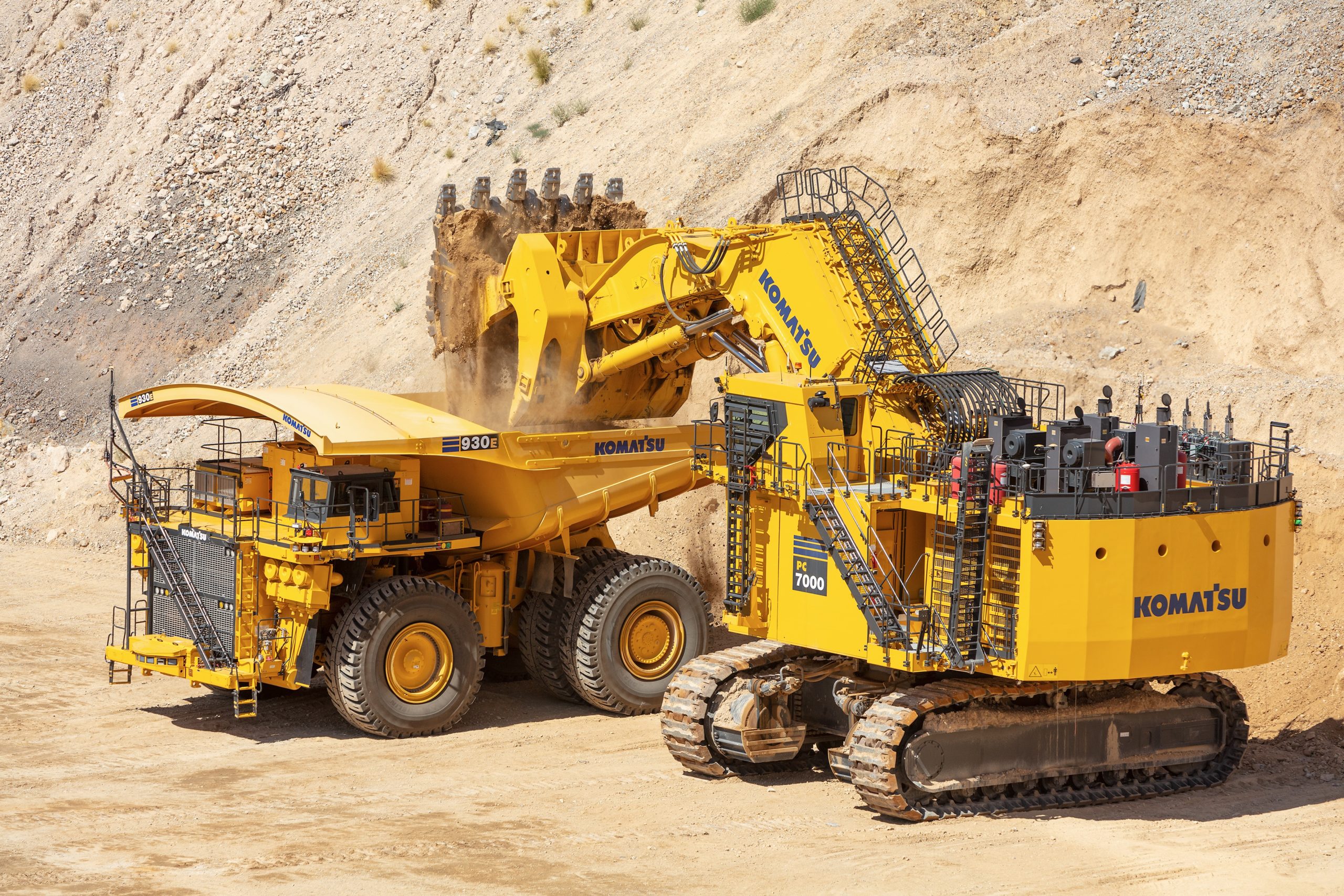
Renowned for the quality of its product, which has proven to be the lifeblood of the Kenyan construction industry over the last 80 years, the East African Portland Cement Company (EAPCC) has been the country’s leading cement manufacturer since it was founded in 1933.
“For the first 40 years or more,” explains Managing Director, Kephar Tande, “we were the only cement company to operate within Kenya. As such we played a hugely important role in helping build the nation from the ground up in areas such as housing, education, health, tourism, transport and communication.”
It was in 1957 that the company moved to its present headquarters, the Athi River Factory, an area blessed with an abundance of regularly available raw materials required for making cement. Over the subsequent years a number of investments and improvements were made, including the commissioning of new mills, a rotary wet kiln and a limestone crusher, resulting in an increase in EAPCC’s production capacity. In 2009 another new mill was commissioned, doubling capacity once again to bring it to its current figure of 1.3 million tonnes.
The company’s flagship product, Blue Triangle Cement, is well regarded throughout Kenya for its reliability, having been used in the construction of a number of the country’s historical and future structural icons such as KICC, the Thika Superhighway and the Chemususu Dam.
“Our customers rely on our ability to deliver quality and value,” Tande continues, “and it is our consistency in being able to provide this that has arguably contributed most to our success over the years. The local materials available to us are ideal for cement production and have allowed us to create a very unique product. That is not to say that we aren’t engaged in the task of product improvement, rather this is something we do while paying close attention to changing market trends, advancements in technology and evolving customer needs and demands.”
Growth, expansion and sustained profitability are the guiding principles of EAPCC’s business model, and driving these goals forward are its people. “Our long-term presence in Kenya,” Tande states, “has allowed us to develop strong local competence when it comes to manufacturing and technical skills. Every single employee, from support staff to management, can expect to receive continuous training in order to keep their skills up to date. Staff development is something that is very important to us and as such we encourage everyone to pursue higher studies.”
Kenya is very much the archetypical model of what one would describe as a rapidly developing country. As such there are a number of prominent growth drivers that continue to bring increasing volumes of work to EAPCC and the construction industry as a whole. These include the demand for more housing to cater for an ever-increasing population and for core infrastructure such as road networks, bridges and dams, all of which of course being heavily reliant on cement.
In addition to its commitment to contributing towards Kenya’s development, EAPCC is also driven by its aim to create better lives for the communities that it operates in. It does so by sponsoring a wide range of development projects through its Corporate Social Responsibility investments. The company believes passionately in education and consistently supports brilliant but disadvantaged children as well as building classes, dormitories and boreholes to support learning in hardship areas.
An equally important theme for the company is its aim to be recognised as a green business that is doing its part to respond to the environmental concerns that often greet the construction sector in Africa. “We have always worked hard when it comes to managing our responsibilities,” Tande says. “One of the ways we do this is by carefully monitoring our use of resources, for example reducing our levels of waste. At present we are looking into ways in which we can incorporate solar power into our operations, while another important development sees us looking at ways in which we can convert hot gas into electrical power, thus reducing our reliance on coal.”
Kenya, and much of East Africa for that matter, is unquestionably a fast moving market and one with an average growth rate of at least ten percent per annum in terms of concrete and associated products.
It is therefore fair to assume that EAPCC do not envision their efforts slowing down at all in the years ahead. “Within the next five years,” Tande concludes, “we intend to at least double our production capacity, while also looking to increase our market share further still and to expand our business interest into the ready-mixed and pre-cast concrete sectors. For 80 years now we have grown alongside Kenya, thus we are as well positioned as anyone when it comes to recognising the positive signs that exist when it comes to the country’s future growth. What we also know to be true is that growing confidence in a country like Kenya in turn breeds confidence in surrounding economies. Therefore it goes without saying that as we grow as a business we will keep a sharp eye focused on other potential growth areas for EAPCC.”
Written by Will Daynes, research by Paul Bradley
DOWNLOAD
 EAPCC-Africa-Const-May13-Bro-s.pdf
EAPCC-Africa-Const-May13-Bro-s.pdf












